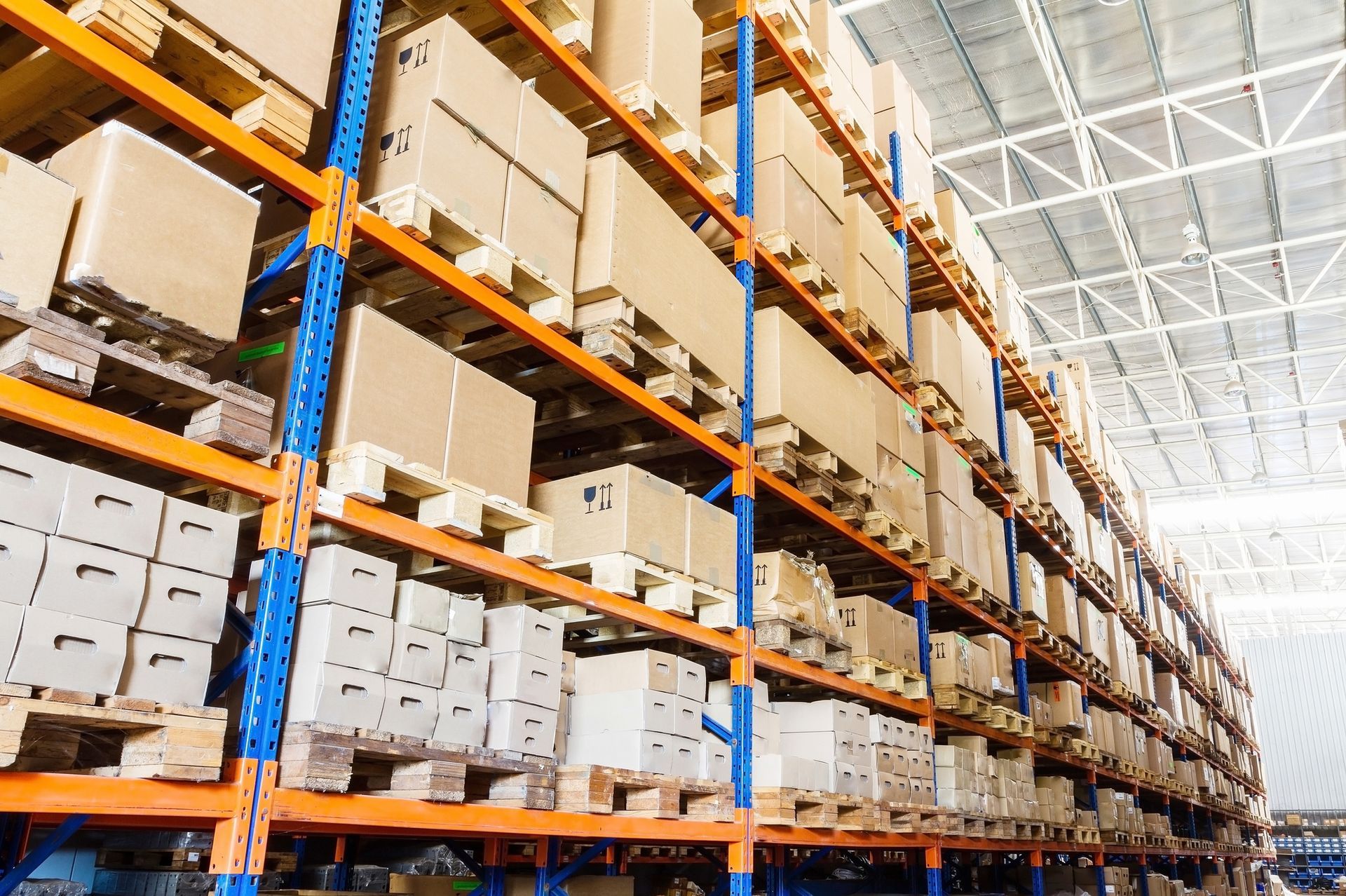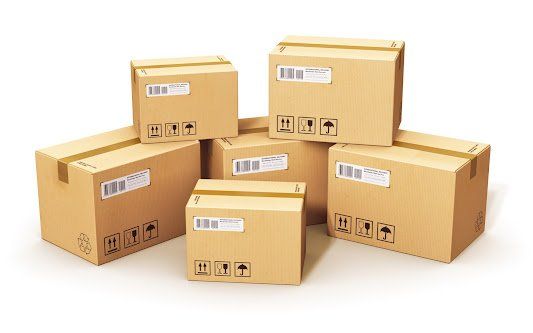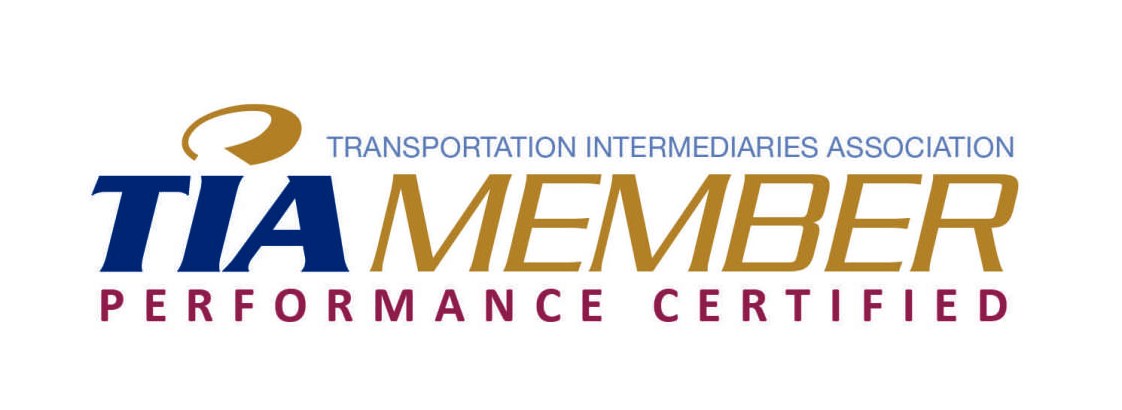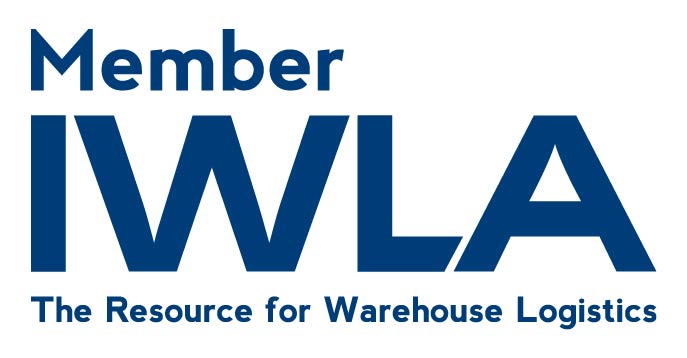LTL Shipping Challenges and Their Solutions

Less-than-truckload (LTL) shipping is an ideal and cheap shipping alternative for people who intend to ship small amounts of cargo that cannot fit in a single container. Ideally, several shippers share a container headed to their destination.
Below is an extract discussing the challenges you could encounter while using LTL freight and strategies to avoid these problems. Ultimately, the article aims to increase your preparedness when using LTL freight and to ensure seamless delivery of your products.
Freight Class Mix-Up
Freight class refers to standardized pricing criteria used in the shipping industry to categorize cargo. The most common parameters considered for categorization include ease of handling, weight, the space the cargo takes up, and shipment liability. Such classification ensures that you pay a fair price based on the nature and characteristics of your goods.
When shipping your goods, you don't want to pay extra costs. However, you share the freighter with others whose cargo has a different freight class in LTL shipping. Because it is a shared economy, mix-ups can occur and an incorrect rate could be charged to your company.
The best way to overcome this is to ensure you know the freight class of your goods. Besides, you should check the company invoice and ask for clarifications if you think it contains an extra fee. Reputable companies will be more than willing to review and explain their charges.
Add-On Fees
More than often, you might be required to top up the initial LTL shipping cost. For instance, if the pick-up of your cargo is within a residential destination where there is no loading dock, the truck will have to use a lift gate to lower the cargo on the ground carefully. You will then be required to pay an extra cost.
To avoid surprises, you need to verify if your location is within a jurisdiction that offers warehouse offloading services. Alternatively, you should have a teamready to receive the load. You could also opt to pick up your load at the nearest warehouse.
If the load arrives late, you could negotiate with the LTL company to ask the warehousing company to extend warehouse hours. This extension can prevent your load from having to spend extra time on the shipping truck.
In-Transit Damage
Shipping cargo via LTL is synonymous with allowing various third parties to handle your goods. Since many people hold your shipment, there is an increased likelihood of it sustaining damages.
While in-transit damage is sometimes unavoidable, the secret to tackling the issue is to ensure that you work with a company that is mindful of the welfare of its clients. Such companies will go to great lengths to protect products in transit.
For example, they will ensure that their trucks have straps and shelves to secure your items. Additionally, they will invest in training their staff on proper product handling. For example, when transporting perishable products, the company employees will observe high hygienic practices and set the required transportation temperatures for your products.
Unreliable Carriers
The legitimacy of a carrier can affect your experience with LTL shipping. You may need to do some research to find a reliable transporter that has a good reputation for handling LTL consignments.
For example, you should conduct thorough background research on the various LTL companies. Checking the customer feedback on the company's website and social media can be a good starting point.
Go the extra mile to ensure the company has the required licenses and insurance coverage. Also, check the experience of company staff to ensure they have the skill required to execute LTL shipping successfully.
As a business owner considering LTL freight shipping, you need to be fully aware of challenges such as freight class mix-up, add-on fees, illegitimate carriers, and cargo damage. At JBS Logistics, we prioritize the needs of our customers by providing quality services at irresistible rates. Contact us today and enjoy the convenience of working with the best in the industry.















